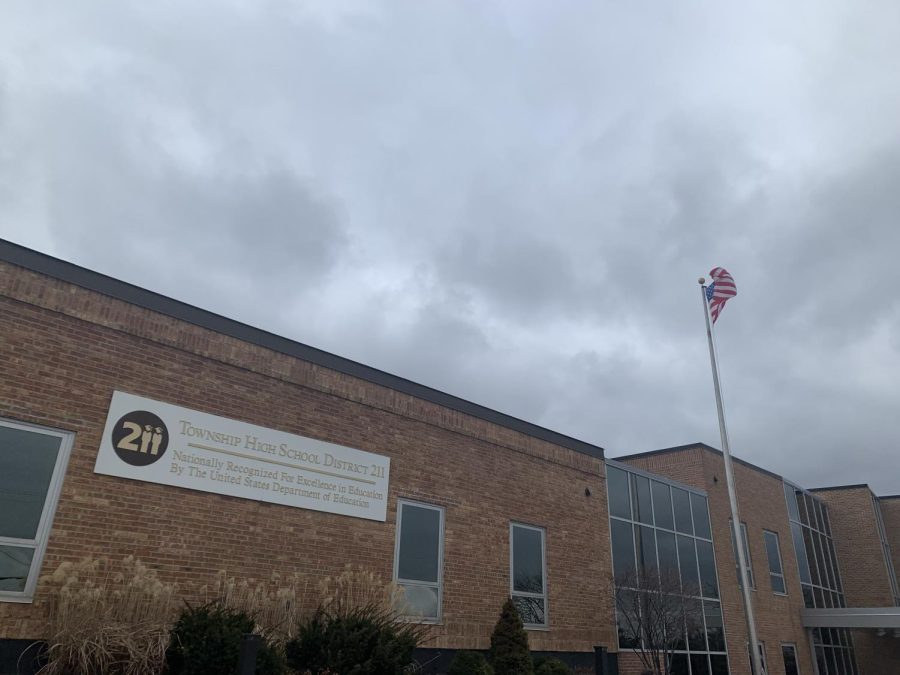Conversations about discrimination cannot wait for bureaucracy
April 3, 2023
Thirteen candidates will be on the April 4 ballot for the four open seats on District 211’s Board of Education. Some of the most contentious topics during this election season include the sexual health education program and the effects of COVID-19 on the learning process. Still, the most urgent matter is whether our schools are fair, equitable, and safe.
In May 2022, The Chicago Tribune reported on a civil rights investigation that the Illinois Attorney General’s office had opened. This investigation considers the idea that teachers and hall monitors in District 211 are unfairly disciplining students of color more than white students.
The office has not provided a timeline for this investigation, with the chief of the attorney general’s civil rights bureau, Amy Meek, estimating that it could take more than a year.
While we wait for official details, our community cannot sit idle.
A ProPublica review of tickets issued to students between 2019-2021 found that while 44% of students enrolled in D211 schools are white, 23% of tickets are issued to white students. In comparison, 26% of enrolled students are Latino, yet receive a staggering 51% of tickets.
Preliminary evidence available to the public shows that there is likely a basis behind the Tribune’s claims; anecdotal evidence further solidifies this idea.
Senior Grace Broski has seen this prejudice firsthand.
“I walked past a hall monitor with my group of friends and [the hall monitors] ignored us and turned to a group of people of color and asked them why they were in the hallway,” Broski said.
There are many stories like Grace’s, and the prejudice students of color have potentially experienced at the hands of adults responsible for their wellbeing in schools is not going unnoticed.
When asked about the district’s approach to racial equity, Superintendent Dr. Lisa Small described that administrators choose to view each student individually, attempting to gain insight into the circumstances that are shaping their behavior.
Compassionate, intervention-based discipline is certainly beneficial to resolving persistent student misbehavior, but racial inequity starts much before administration even looks into a student’s case file.
It starts when a hall monitor stops a Latino student to ask for their pass, but lets a white student pass by quietly. It starts when a white student crying in the bathroom is extended compassion, but a Black student waiting inside a stall for too long is questioned. When discrimination seeps into bathrooms, cafeterias, and hallways, it is difficult to root out without questioning how much of it is ingrained in our very mindsets.
D211 Board member Tim McGowan acknowledged that some of the points in the Chicago Tribune report were not unfounded, mentioning that he has experienced racially biased discipline himself as an alumni of Fremd. Conceding that “[racially disparate] assumptions or conclusions could have been made,” McGowan highlights that D211’s willingness to bring about change is light years ahead of other districts in the state.
All other Board Members did not respond to a request for a comment or interview.
What we should recognize, however, is that the attorney general’s office’s investigation won’t be an answer but rather a data point in a much larger conversation. We don’t have to wait for the investigation to finish to acknowledge that racial disparities in discipline are a serious issue within our buildings, and we have to continue expanding current procedures to remedy them. Racial inequity shadows every disciplinary action taken within District 211, whether it benefits or harms the student, and our job as a community is to choose leadership this April that is cognizant of that.




